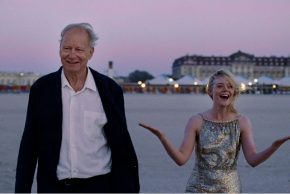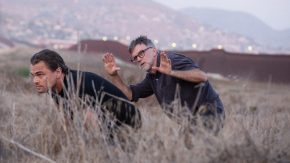Article: Zsuzsanna Deák
Translation: Zsófia Hacsek
“I lost everything from one moment to another. Now I need to relearn every step, like a newborn”Mahler wrote to his friend, conductor Bruno Walter. In this horrible life situation he came across a poetry collection of ancient Chinese poems in a freestyle German translation. The main topic was the contrast between the beauty of life and inevitable transience, which captured Mahler’s interest immediately. He chose seven poems and worked on the cycle for years. The first movement, The Drinking Song of Earth’s Sorrow starts seemingly cheerfully but leads to grotesque and bitterness, reminding us of the uselessness of life and human sorrows. Then comes the tired sadness of The Solitary One in Autumn, then the only truly joyful part: Of Youth. But we need to say farewell right away, as it is the essence of Mahler’s art. Of Beauty deals with loss, and The Drunkard in Spring is irrevocably dark and hopeless. Nevertheless, the last movement which makes half of the whole cycle (The Farewell) puts everything in a much bigger dimension. As Bruno Walter recollected, Mahler showed him the score and asked:
“Do you think people will go home after this and shoot themselves in the head?”But the final message of the movement – and the whole piece – is not hopelessness and burning ache. This wonderful, ethereal music shows the hope of eternal life with the following words:
Ah my friend, Fortune was not kind to me in this world! Where do I go? I go, I wander in the mountains. I seek peace for my lonely heart. I wander homeward, to my abode! I’ll never wander far. Still is my heart, awaiting its hour. The dear earth everywhere blossoms in spring and grows green anew! Everywhere and forever blue is the horizon! Forever … Forever …The Song of the Earth, this complex, monumental, incredibly beautiful and matchless piece will be played tonight, on 22 April, in the Müpa after Haydn’s Symphony 99 in E-flat major. The Dohnányi Orchestra Budafok will be conducted by Roberto Paternostro; soloists are Atala Schöck (mezzo soprano) and Erin Caves (tenor).
Article: Zsuzsanna Deák
Translation: Zsófia Hacsek

























Comments